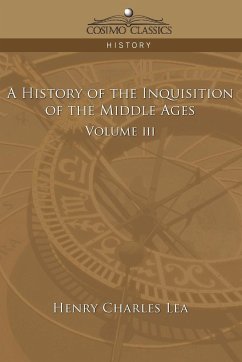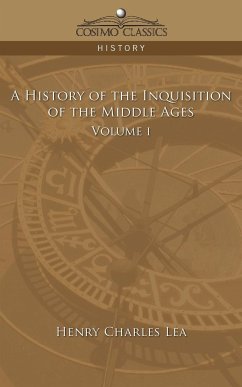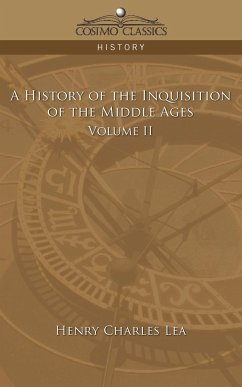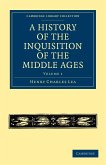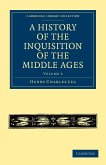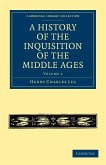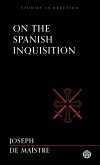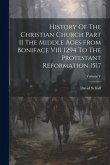An... instructive instance of the development of theological doctrine is to be found in the history of the dogma of the Immaculate Conception of the Virgin. Up to the twelfth century it was not questioned that the Virgin was conceived and born in sin, and doctors like St. Anselm found their only difficulty in explaining how Christ could be born sinless from a sinner. With the growth of Mariolatry, however, there came a popular tendency to regard the Virgin as free from all human corruption... -from "Chapter VIII: Intellect and Faith" Considered America's first great scholar of the Middle Ages and a trailblazing proponent of utilizing primary sources when inquiring into the past, Henry Charles Lea gave us what is still a vital history of the centuries-long reign of terror known as the Inquisition. A passionate account of mass hysteria, its spiritual and intellectual roots, and its "inevitable" evolution, this is grimly fascinating and highly readable, an excellent investigation into one of the foundations of modern civilization the repercussions of which are still being felt today. Volume 3 of this 3-volume 1888 work looks at how the Inquisition impacted ideas about scholarship, faith, and civic culture: how political heresy was used by the Church, the rise of sects including the spiritual Franciscans and the heretical Fraticelli, and the ironic flowering of belief in sorcery, witchcraft, and other occult arts. American historian and publisher HENRY CHARLES LEA (1825-1909) also wrote Superstition and Force (1866), Historical Sketch of Sacerdotal Celibacy (1867), and History of the Inquisition of Spain (1906-1908).
Hinweis: Dieser Artikel kann nur an eine deutsche Lieferadresse ausgeliefert werden.
Hinweis: Dieser Artikel kann nur an eine deutsche Lieferadresse ausgeliefert werden.

